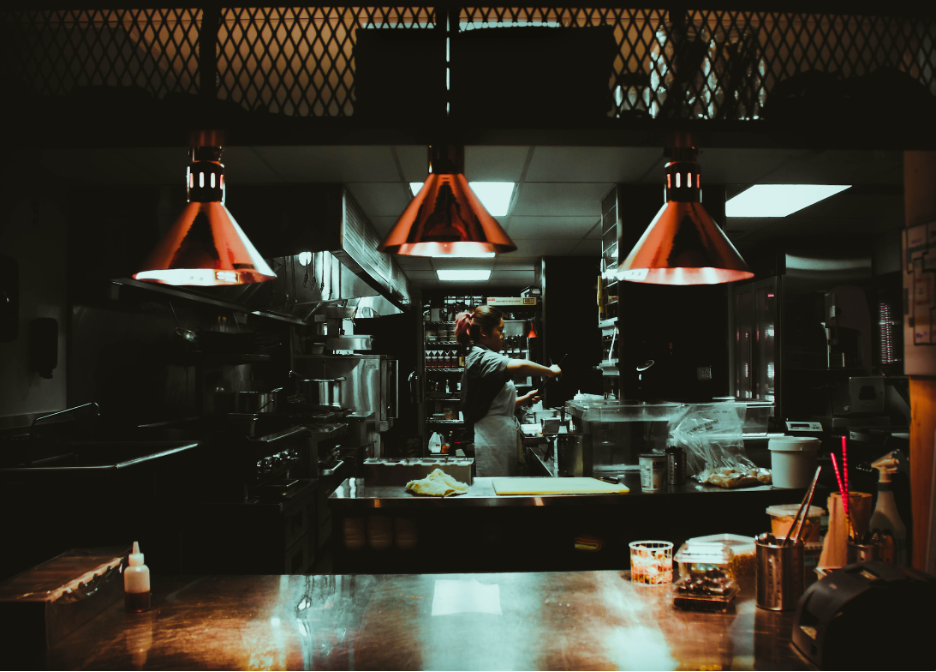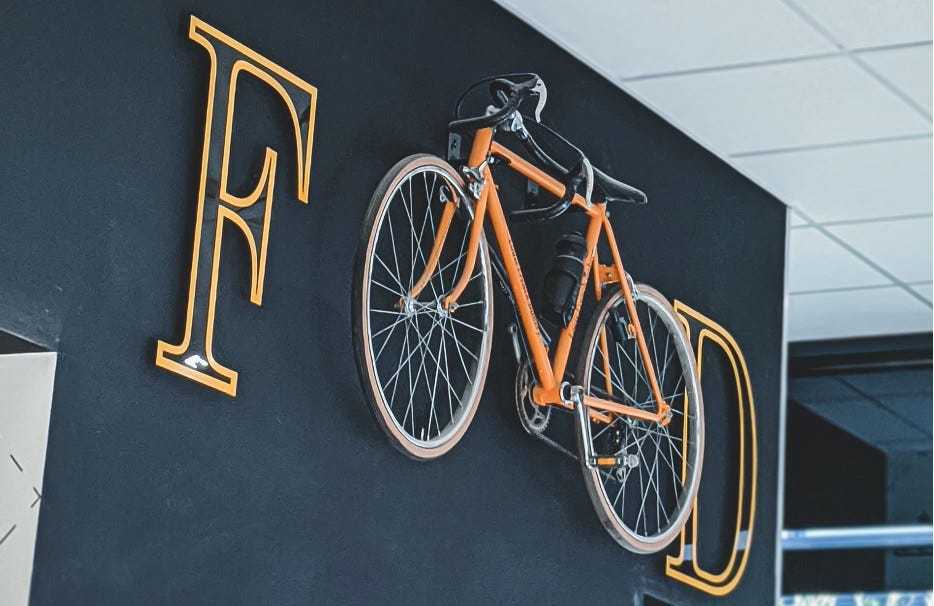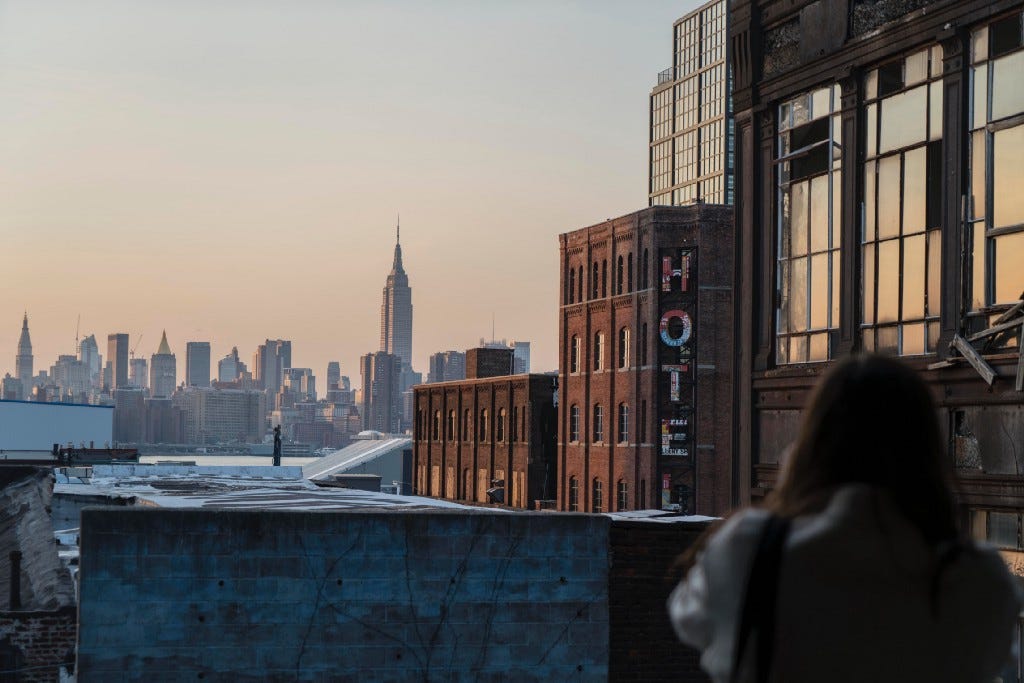The pandemic shook the hotel industry and with it came so many changes that many weren’t ready for. Businesses and establishments had to shut down and close their doors indefinitely while others looked for partnerships to ensure that their business thrive despite the challenges. Ghost kitchen is such a pairing that many hotels today are going for.
Ghost kitchens have long existed before the pandemic, but it was only in 2020 that their importance was truly magnified. It has become the go-to solution for providing food to people staying at hotels without fear of contamination. And most importantly, it has become a solution for hotels to utilize their kitchens and open opportunities for more profit.
The challenges in kitchen hotels
Hotel kitchens have been a source of headaches for many hotel owners long before the pandemic. Unlike restaurants with a steady stream of customers and able to build up loyalty within the community, hotel kitchens don’t get much profit and instead bleed money. Their main functions are limited to room services and breakfasts, and they operate on specific hours only. These hotel kitchens deliver high-quality dining service for only a small-scale queuing system.
With ghost kitchens, these underused hotel kitchens are turned into something more. It’s about tapping an already their resource to provide services not only for the hotel’s guests but also for other nearby hotels, and the rest of the community.

Sam Nazarian, founder of Creating Culinary Communities is growing his ghost kitchen business and now operates over 200 kitchens. Hotel kitchens turned into ghost kitchens have been key to his company’s growth. He pairs up with hotel owners that have great restaurants and helps them get more revenue. Butler Hospitality is another company with the same approach. They take over a hotel kitchen and use it to provide food for room service to both the hotel and nearby hotels as well.
Food safety is a top priority

Hotel kitchens turned ghost kitchens are now reliable profit generators and have helped hotel owners keep their hotels open. Like any other establishment, ghost kitchens also take health and safety seriously. Some companies use smart bands to remind their employees to frequently hand wash when they prepare the food. Their bands also have a contract tracing function to alert them if they’ve been in contact with people with COVID-19. It promotes efficiency and safety in terms of proper testing and quarantining.
The hotel industry is still in neck-deep trouble. The American Hotel & Lodging Association reports that 71% of hotels won’t be able to stay afloat without financial assistance. But with the growth of ghost kitchens, the situation is slowly changing. Even restaurants are starting to see the good in this partnership and looking out to rent hotel kitchens instead of opening up their restaurants. Especially in cities where people easily opt for deliveries, renting hotel kitchen spaces makes so much sense.
There are other ways that companies are turning vacant space into something more useful.Learn more about vacant spaces being turned into something other than they’re built for right here: www.Bluelofts.io
Ike Bams and John Williams are founders of Bluelofst Inc. They are a new generation of millennial real estate developers based in Dallas, Texas who aim to transform vacant office buildings to residential communities. Visit our website: www.Bluelofts.Io and learn more about Bluelofts real estate & Bluelofts labs. Build your dream with us!








